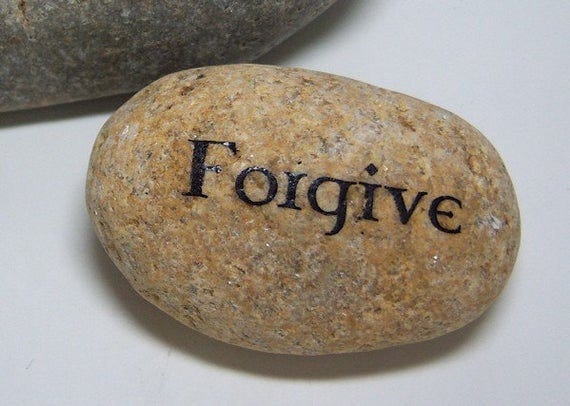Why Forgiveness Matters
The Sixteenth Sunday after Pentecost
Scripture (semicontinuous)
Old Testament: Exodus 14:19-31
Psalter: Psalm 114 or Exodus 15:1b-11, 20-21
Epistle: Romans 14:1-12
Gospel: Matthew 18:21-35
Scripture (complementary)
Old Testament: Genesis 50:15-21
Psalter: Psalm 103:(1-7), 8-13
Epistle: Romans 14:1-12
Gospel: Matthew 18:21-35
___
Prayer
God of freedom, you brought your people out of slavery with a mig…
Keep reading with a 7-day free trial
Subscribe to Faith Seeking Understanding to keep reading this post and get 7 days of free access to the full post archives.




